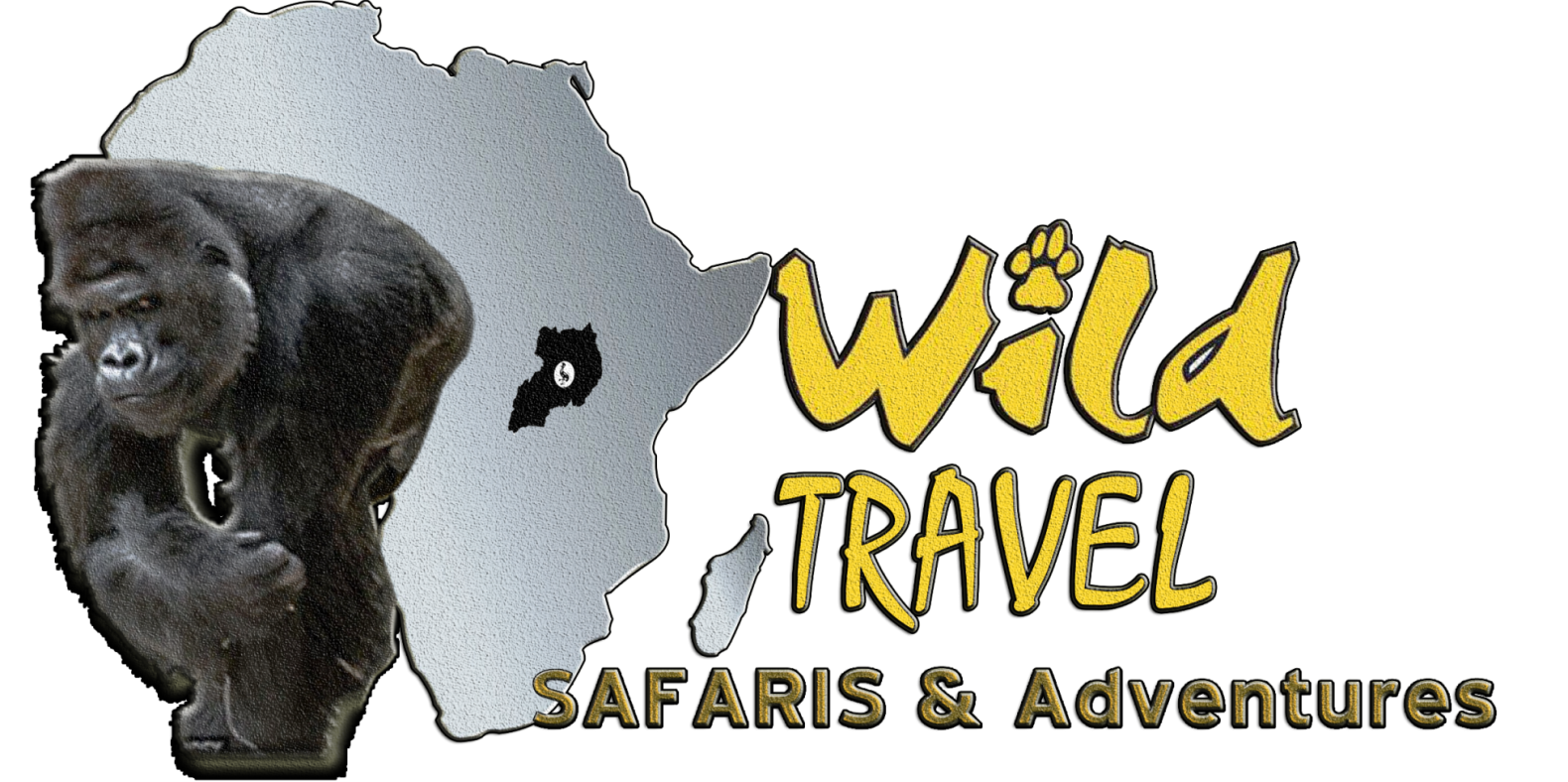Some strategies for conserving national parks in Uganda
Some strategies for conserving national parks in Uganda
Conserving national parks in Uganda involves a collaborative effort from various stakeholders, including the government, local communities, non-governmental organizations, and international partners. Here are some strategies for conserving national parks in Uganda:
1. Community Involvement: Engaging local communities in conservation efforts by providing them with benefits such as employment opportunities, income-generating activities, and education about the importance of preserving the parks and wildlife.
2. Law Enforcement: Implementing and enforcing strict laws and regulations to prevent poaching, illegal logging, and other destructive activities within the national parks.
3. Ecotourism Development: Promoting sustainable tourism practices that generate revenue for the national parks while also raising awareness about the value of conservation.
4. Environmental Education: Educating the public, especially young people, about the significance of preserving natural habitats and wildlife through school programs, outreach initiatives, and community workshops.
5. Research and Monitoring: Conducting ongoing research and monitoring of the park’s ecosystems, biodiversity, and wildlife to inform conservation management decisions and identify emerging threats.
6. International Support: Collaborating with international conservation organizations and seeking funding and technical assistance to support conservation initiatives and capacity-building efforts.
By implementing these strategies and fostering collaboration among multiple stakeholders, Uganda can work towards effectively conserving its national parks and protecting its natural heritage for future generations.
